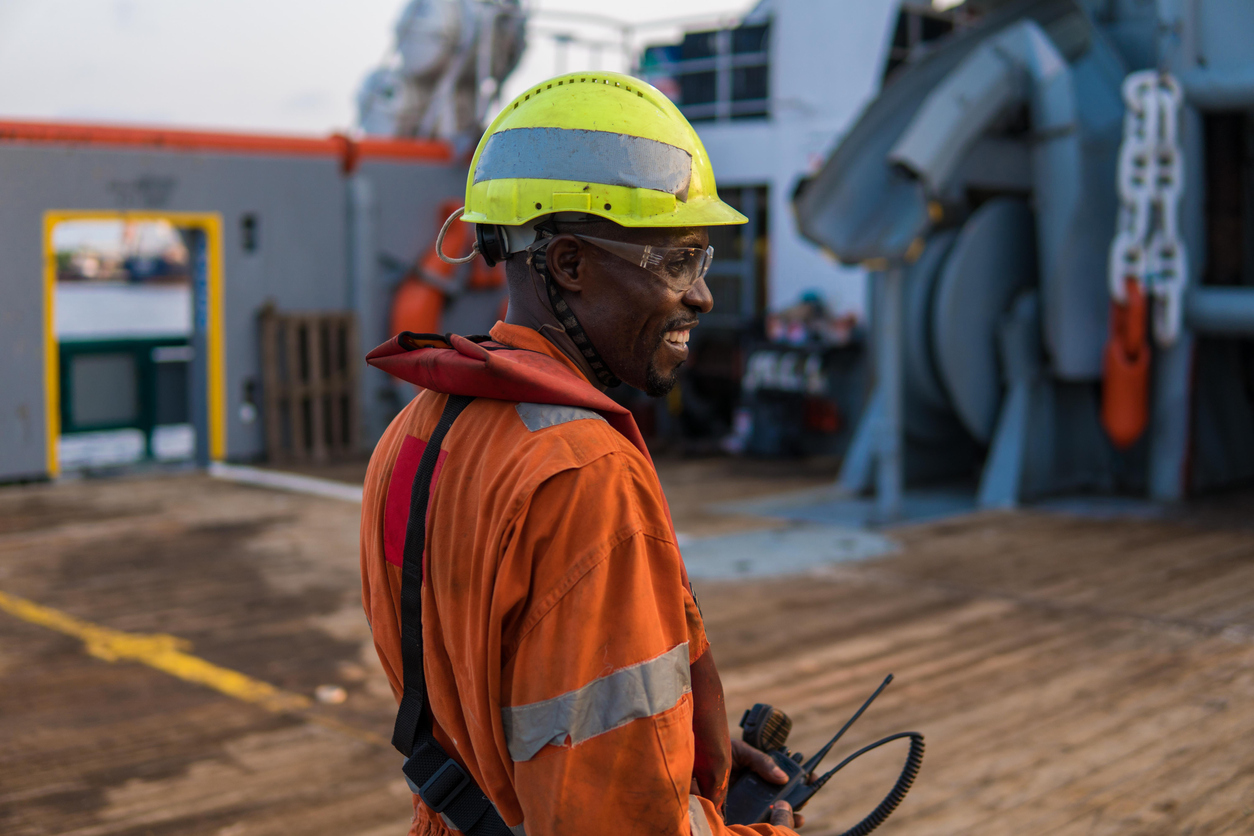Vessels for Depot-to-Depot Fuel Delivery in Nigeria
Efficient fuel logistics is the backbone of Nigeria’s energy sector. With increasing demand for refined petroleum products across the nation, the need for reliable vessels for depot-to-depot fuel delivery has become more vital than ever. These vessels play a critical role in bridging the gap between refineries, coastal depots, and inland fuel storage facilities—ensuring that supply meets the country’s growing consumption needs.
Understanding Depot-to-Depot Fuel Delivery in Nigeria
Depot-to-depot fuel delivery refers to the transportation of petroleum products between fuel depots using marine vessels or tankers. In Nigeria, this is an essential part of the downstream oil and gas sector. Due to the country’s extensive coastline and waterway network, marine logistics provide an efficient and cost-effective means of transporting fuel from major coastal depots like Lagos, Warri, and Port Harcourt to other regional depots across the country.
Using vessels minimizes the risk of product loss, reduces traffic congestion on road networks, and ensures steady product availability, particularly in hard-to-reach locations.
Why Vessels Are Vital for Nigeria’s Fuel Distribution
Nigeria’s fuel distribution network depends heavily on maritime transport. As the nation’s population and industrial activities expand, road-based fuel transportation alone cannot meet the growing demand. Vessels for depot-to-depot fuel delivery offer several key benefits:
-
Efficiency and Capacity: Marine vessels can carry significantly larger volumes of fuel compared to road tankers, improving turnaround time.
-
Safety: Transporting fuel by sea reduces road accidents and spillage risks.
-
Reduced Congestion: Shifting more fuel movement offshore helps ease pressure on Nigeria’s road networks.
-
Accessibility: Water-based delivery ensures depots in riverine or coastal areas remain adequately supplied.
Challenges Facing Depot-to-Depot Fuel Delivery in Nigeria
Despite its benefits, the sector faces logistical and operational challenges. Limited vessel availability, aging fleets, and poor port infrastructure can affect smooth operations. Additionally, regulatory delays and fluctuating fuel prices impact the cost and timing of deliveries.
However, with proper investment in modern fleets and partnerships with reliable suppliers, these challenges can be mitigated. Companies that prioritize vessel maintenance, compliance, and efficient scheduling are better positioned to ensure consistent product delivery across the country.
How Wigmore Trading Supports Fuel Delivery Operations
Wigmore Trading plays an integral role in Nigeria’s energy logistics landscape. With years of experience in bulk fuel distribution and marine logistics, the company offers dependable sourcing and supply chain solutions that help keep depots adequately stocked.
Whether your business requires refined petroleum products or seeks reliable distribution support, Wigmore Trading can help streamline your fuel movement from one depot to another. The company’s trusted network ensures products are handled efficiently, safely, and in compliance with industry standards.
By working with established partners and leveraging its logistics expertise, Wigmore Trading helps businesses overcome supply disruptions and maintain steady operations across Nigeria.
Ensuring Sustainable and Reliable Fuel Transport
As Nigeria’s fuel demand continues to grow, investing in reliable vessels for depot-to-depot fuel delivery will be key to sustaining national energy security. Collaboration between private distributors, logistics firms, and maritime operators will enhance operational efficiency and ensure fuel reaches every region without delay.
Wigmore Trading continues to position itself as a trusted partner for organizations seeking stable and efficient distribution channels.
Get in touch with Wigmore Trading today to learn more about reliable fuel sourcing and delivery solutions.








Comments are closed.